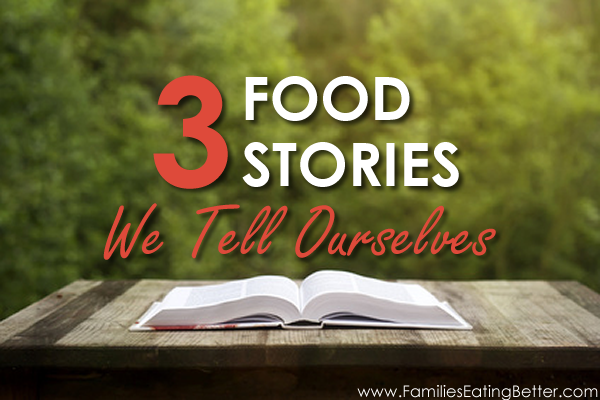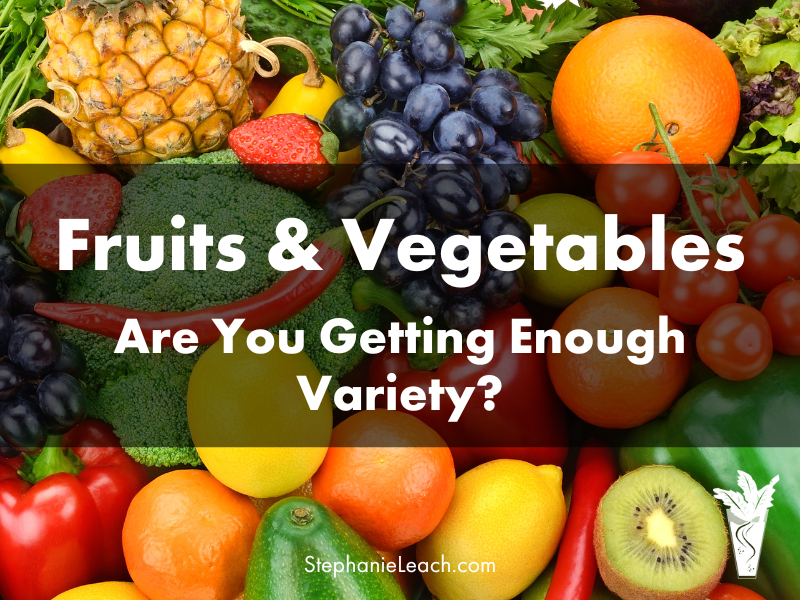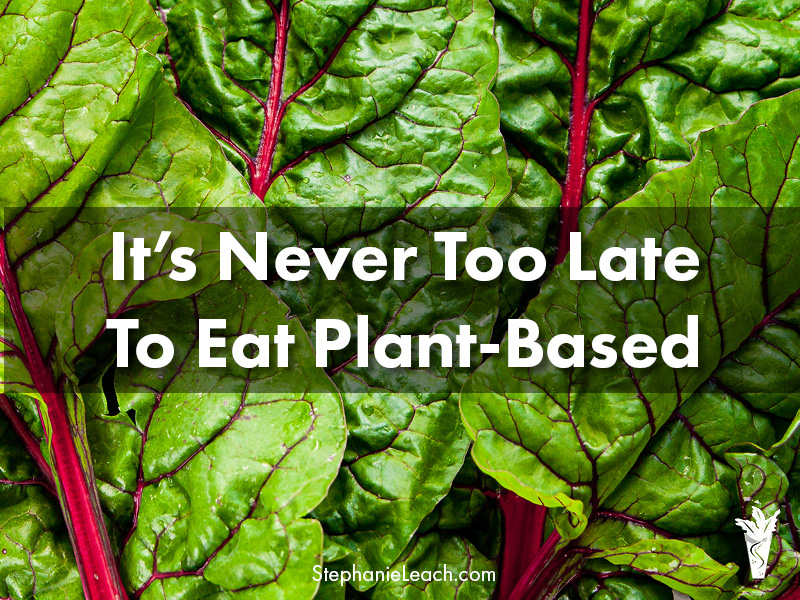We all do it, at least occasionally. We tell ourselves food stories – convenient but untrue beliefs or ideas said privately to ourselves or aloud to others – that help us ignore the facts (or put off getting the facts,) so that we don’t have to change.
It doesn’t make us bad people. It just makes us human.
Change can be difficult, even scary. And faced with a deluge of decisions each day, it is just easier to placate ourselves with food stories that erase the need for change.
Change, however, is a necessity. It is how we grow.
And when it comes to changing our food habits, it is how we ward off disease and build strong, healthy bodies that serve us and our families well.
So here are three common food stories that keep us stuck in old eating patterns that don’t serve us.
“I can’t avoid the pollution in the environment, so why worry about my food?”
I used to say this, with an eye roll thrown in for emphasis. I lived near a busy highway in a heavily populated Houston suburb. No doubt the particulates and air pollution were bad, but I made the mistake of believing that my food choices didn’t matter.
The major source of chemicals and toxins in our body comes from the food we eat. Pesticide residues, chemical preservatives and dyes can be avoided, dramatically reducing the toxic load on our bodies.
By eating real, whole food, pesticide-free or organic when possible, eating low on the food chain and avoiding highly processed foods, we can reduce our exposure to toxins. That means a healthier body with more energy and less disease.
“Everything in moderation.”
This food story is a common refrain. We don’t like to hear that a favorite food isn’t good for us. So rather than avoid it, we choose to ignore the warnings and play the “moderation” card.
A perfect example of this was just a few weeks ago when 22 scientists from 10 countries assessed more than 800 studies from several continents that investigated the association of cancer with the consumption of red meat or processed meat. The Working Group couldn’t ignore the preponderance of evidence and declared processed meat “carcinogenic to humans.”
Although eating a piece of smoked ham is not as bad as smoking, that doesn’t mean processed meat is benign. Eating just 50 grams (1.76 oz) of processed meat a day is associated with an 18% increase in colorectal cancer. This information is not based on one study. It was the conclusion drawn from a meta-analysis of ten cohort studies.
To make this news more palatable to TV viewers enjoying their bacon breakfast or lunchmeat sandwiches, newscasters – almost in the same breath – followed up the report with quotes from nameless “health experts” that recommended “moderation.”
What is moderation? For each person the answer is different. But for most people, it means no change at all in their dietary choices. Bacon for breakfast one day, ham or roast beef sandwich for lunch the next, sausage for dinner the day after that – it all adds up to daily consumption of a cancer promoting food.
Perhaps we should listen to the mounting evidence and consider some changes.
If necessary, start small. If you are eating processed or red meat every day, gradually cut back to 3 times a week. Then consider further reducing it to once a week or less. Gradual changes are easier to adjust to and stick with.
“I’ll exercise it off.”
The “it” is that food item that we can’t resist, like cake or potato chips. This food story is related to the “I exercised, so I deserve this cookie/ice cream” story.
We put way too much emphasis on exercise as the solution to weight loss, when 80% of weight loss is not exercise, but our food choices.
You would have to run for an hour to burn off a 600 calorie snack attack. Thanksgiving dinner? Get ready for a long run – 33 miles.
So if you are inclined to “treat yourself” to something indulgent because you exercised or are headed to the gym, you might want to reconsider. Fuel yourself with a banana or some almonds and raisins instead.
Food stories are everywhere. The next time one crosses your mind, stop it in its tracks.
Food changes everything. What we eat and drink is processed in our bodies and sends a message to every cell. What are you telling your body?
Bust that food story with a powerful, positive, health promoting choice.









Leave A Comment